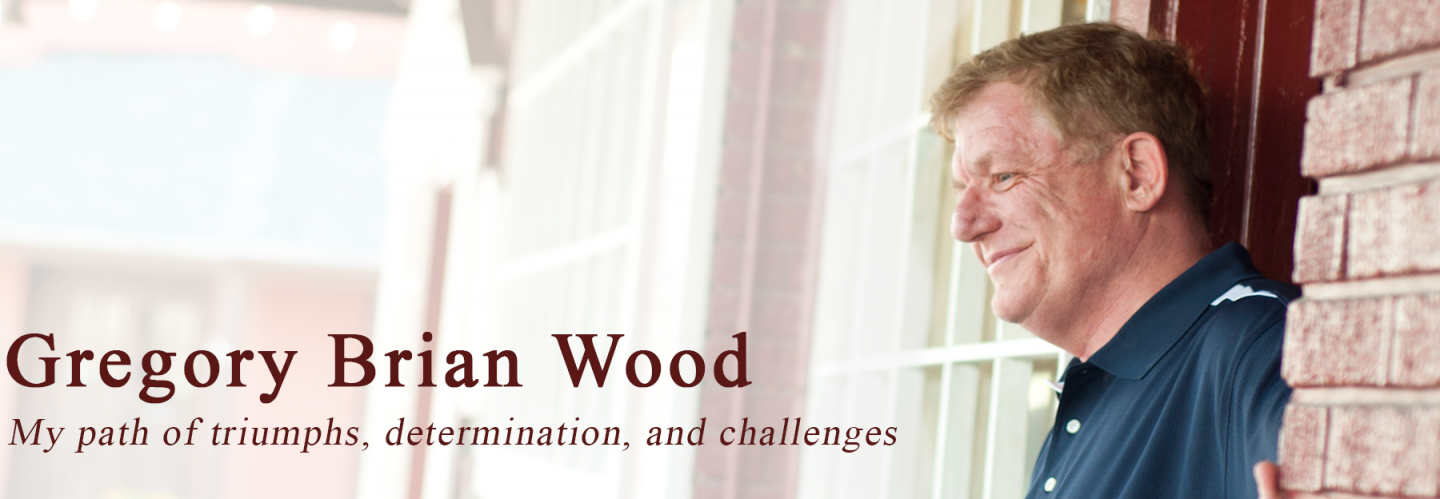
Did you know that autistic people tend to have some specific strengths, and even abilities
beyond the range experienced by neurotypicals?
Our Autism Strengths (by which we mean unusual talents, skills, qualities,
and advantages—often beyond the normal range of human experience)
can set autistic people apart in positive ways that allow us to make unique contributions to society.
While not every autistic person will have all the strengths listed below, scientific research has found these traits to be common.
The reason we find it useful to keep a list like this is that—like us—you may very well discover some strengths you didn’t even know you had. And getting to know our strengths can be validating, empowering, and even useful!
Besides, acknowledged experts such as Drucker and Cliffton & Harter
argue that individuals gain more when they build on their talents rather
than focusing on improving weaknesses.
So embrace & cultivate your strengths!
read more
